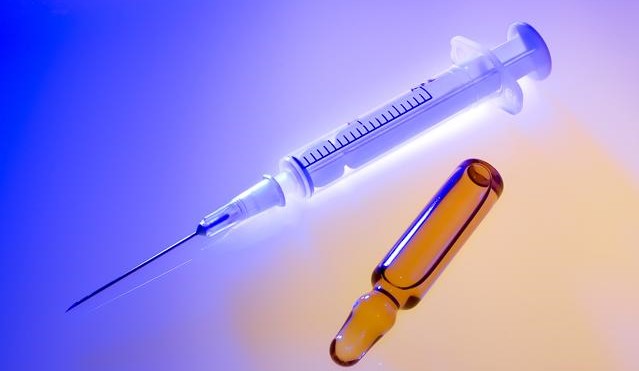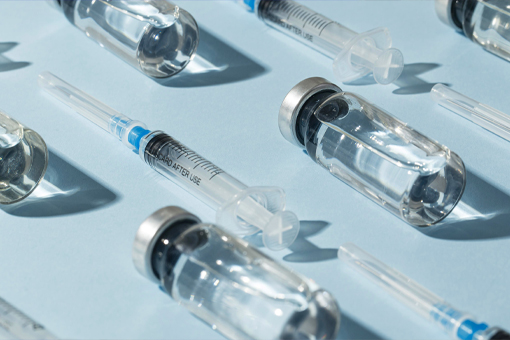Addressing clinical research on a medical device has never been an easy task. You learn that as soon as you enter this world. Until relatively recently, the situation was that research on medical devices was like trying to clean up a somewhat messy drawer. And it is that in the end, research in medical devices has always moved between the most lax legislation of a cosmetic, and what has always been understood as a true clinical trial of drugs. Medical devices have fought the battle of what to do, how to do it and, above all, who to turn to when you no longer know how to set up a clinical study.
In clinical investigation with medical devices, there are different situations that must be clearly differentiated in order to know the requirements applicable to each one of them, from a product that is marketed to another that is not, to products that are in the barrier between being cosmetic, medical device or drug, and even the fashionable food supplements, which often also require the authorization of a clinical investigation by an Ethics Committee (hereinafter CEIm).

At the European level, relatively recently, it was considered necessary to establish a new solid, transparent, and above all sustainable regulatory framework for medical devices, which would guarantee the highest level of safety and protection of the health of patients and users and, likewise, they will also promote innovation and the interests of small and medium-sized enterprises that carry out their activities in this sector. To this end, among others, Regulation (EU) 2017/745 of the European Parliament and of the Council of 5 April 2017, on medical devices, was established, which amended Directive 2001/83/EC, the Regulation (EC) No. 178/2002 and Regulation (EC) No. 1223/2009 and repealing Council Directives 90/385/EEC and 93/42/EEC, in force since 26 May 2021.
With the Regulation (EU) 2017/745, clinical research on medical devices made a very significant change and update, approaching the regulatory requirements of medical devices throughout the European framework.
This regulation established that it was necessary to regulate at the national level the aspects that the European standard leaves to the regulation of each Member State. Thus, in March of this year, Royal Decree 192/2023 was established in Spain.
This royal decree on medical devices under development, which will replace the current royal decrees on medical devices (Royal Decree 1591/2009) and active implantable medical devices (Royal Decree 1616/2009), introduces modifications to the national legislation, with the aim of making possible the application of the Regulation and developing those aspects that it leaves to the development of national legislation, including clinical research. In Chapter VII, the aspects applicable to clinical investigations are distributed in the following articles:
- Clinical investigations carried out to demonstrate the conformity of the products.
- Procedure for the authorization of clinical researchs carried out to demonstrate the conformity of the products.
- Compensation for damages.
- Liability regime.
- Clinical investigations carried out with products with CE marking and other clinical researchs.
The “jumble” has been ordered. Both the new legislation and future actions such as access to EUDAMED, establishment of working groups made up of professionals from the sector, as well as more precise and explanatory information from the regulatory authorities as Spanich Agency of Medicines and Medical devices (hereinafter AEMPs) makes it easier for Clinical Research Organizations (CROs), such as Dr. Goya Análisis Laboratory, to accompany their clients in the development of their projects, advising when clinical research is necessary and when its presentation is only required before a CEIm or also before the AEMPs.
Montse Ortega Domenech, Clinical Trials director.


